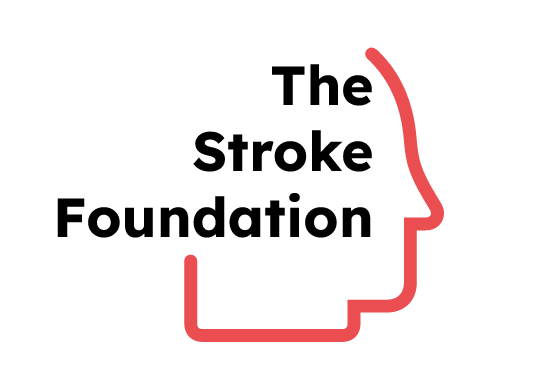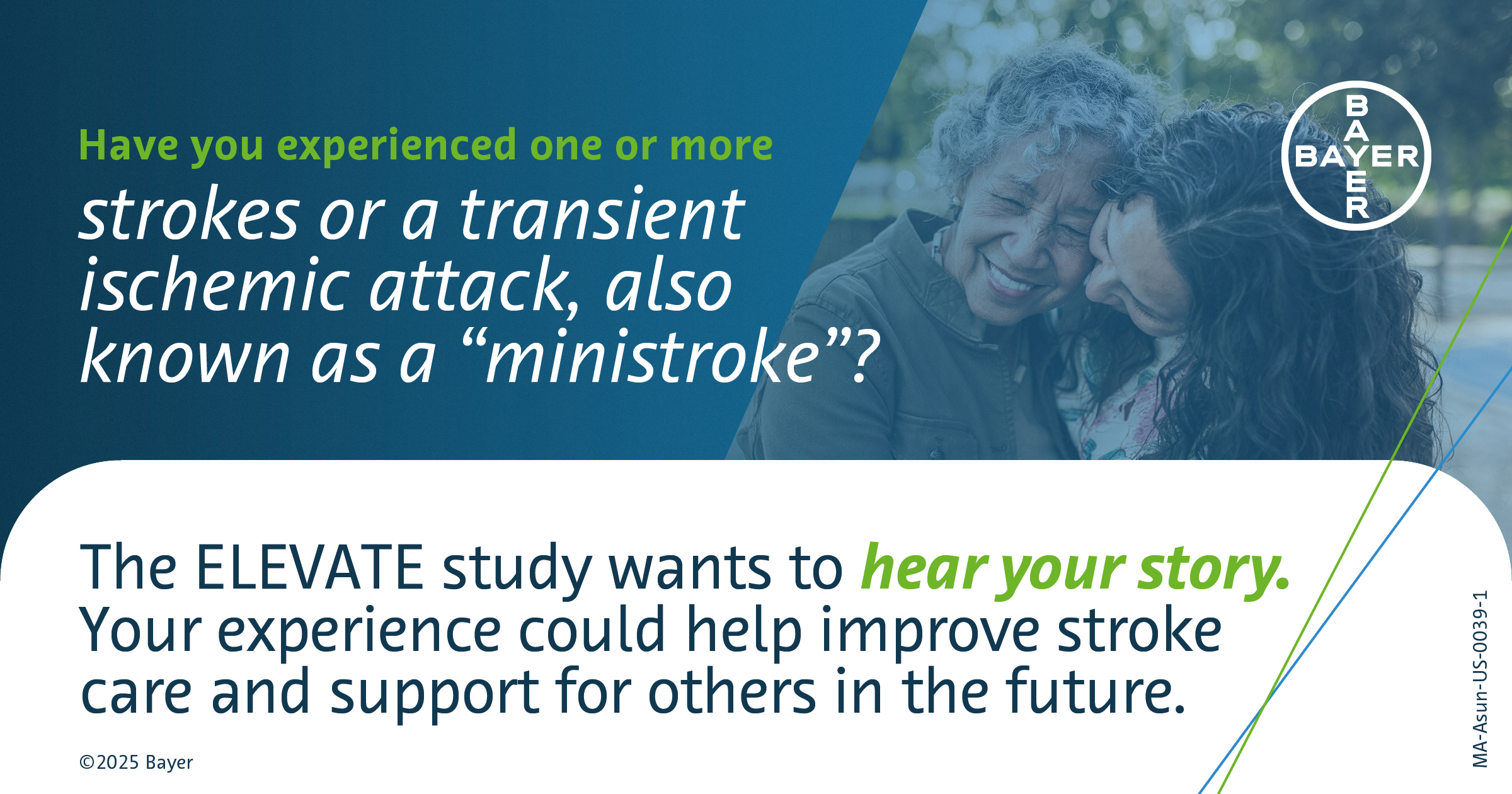Empathy in Action
We provide comprehensive support for stroke survivors and their families, offering expert guidance, emotional encouragement, and essential financial resources. Our goal is to help them recover with dignity, rebuild their lives, and flourish in the aftermath of a stroke.
About Stroke
Important information about what a stroke is, the warning signs, and prevention information.
Find Support
For Stroke Survivors and their Caregivers
.jpg)
Stroke Survivor Fund
We can help cover some of the costs of physical, speech, or occupational therapies. Read about our Stroke Survivor Fund.
.avif)
Talk therapy with BetterHelp
Our friends at BetterHelp have generously donated 6 months of free therapy for stroke survivors and their caregivers.
Different Types of Strokes
Explore the main types of strokes, how they affect the brain differently,and why understanding the difference matters for recovery and treatment.
Risk Factors of a Stroke
Discover the most common risk factors — from lifestyle to health conditions — and learn what steps you can take to lower your risk.
Warning Signs of a Stroke
Learn how to quickly recognize stroke symptoms, respond effectively,and get help when every second counts.
Helpful Resources
Knowledge That Supports
We’ve created educational flyers you can download for free to raise awareness of stroke, its symptoms and our work.
Our Blog
Latest Stories & Insights
Our Life After Stroke Blog is a valuable resource for stroke survivors and their caregivers, providing up-to-date, useful and relevant information about all aspects of life after stroke.

.jpg)

.jpg)

%20(1).png)
%20(1).png)
%20(1).png)
%20(1).png)
.png)
